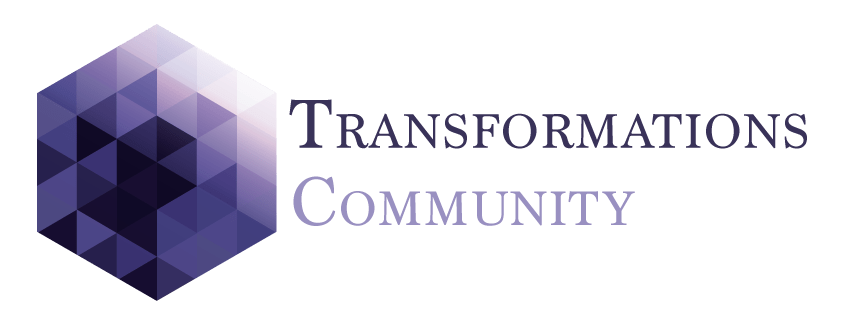KEYNOTE SPEAKERS
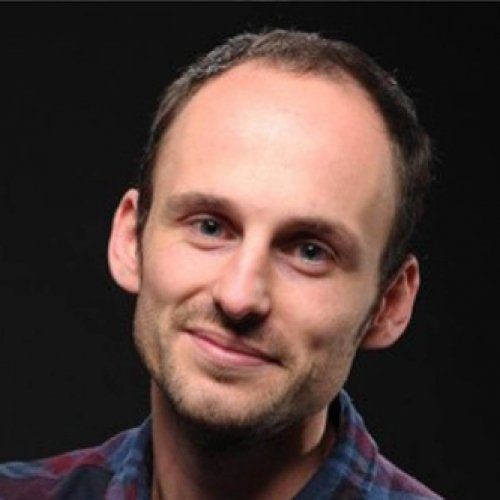
Diego Galafassi
Sundance New Frontier at Johns Hopkins. Post-doc researcher at LUCSUS
Diego Galafassi, a transdisciplinary artist, integrates art and science in experimental cinema, augmented reality storytelling, and participatory performance. During his PhD at the Stockholm Resilience Centre, he combined systems approaches and artistic practice in East Africa and Europe to explore the role of imagination in transformative action. Presently, Diego is an artist-in-residence at Sundance New Frontier, Johns Hopkins (USA), and a post-doc researcher at LUCSUS.
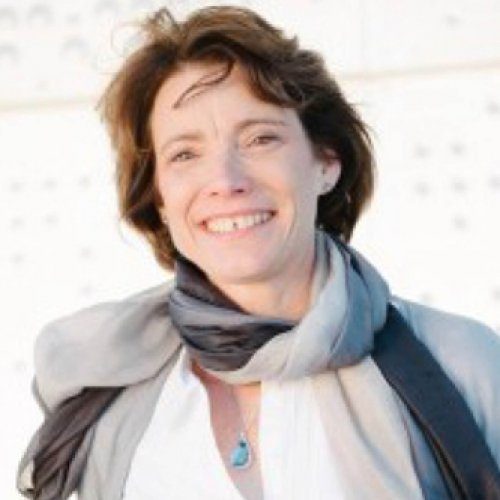
Karen O’Brien
Department of Sociology and Human Geography. University of Oslo, Norway
Karen O’Brien is a renowned expert in climate change and society, specializing in topics like climate change impacts, vulnerability, and adaptation, with a focus on how climate change intersects with globalization and human security. She advocates for transdisciplinary and integral approaches to global change research, emphasizing the role of beliefs, values, and worldview in sustainability transformations. O’Brien has played a significant role in initiatives such as the Intergovernmental Panel on Climate Change (IPCC) and the transition to Future Earth. Additionally, she co-founded and works with cCHANGE, an Oslo-based company offering insights and tools for climate change and sustainability transformations.
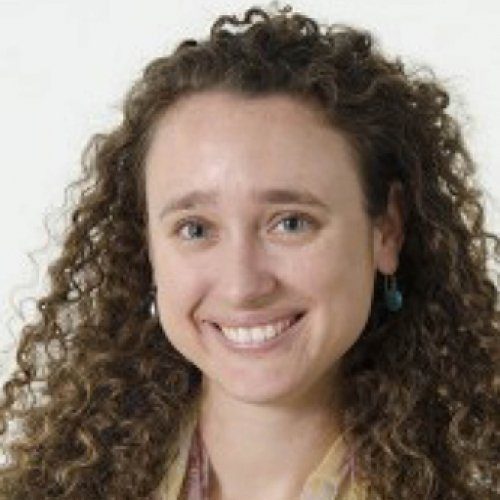
Mariana Walter
Sciences and Technologies Institute (ICTA). Autonomous University of Barcelona
Mariana Walter is an ecological economist and scholar activist based at the Sciences and Technologies Institute (ICTA, Autonomous University of Barcelona). Her research addresses extractive conflicts, environmental justice movements and their role fostering just transformations towards sustainability. Her work has been published in International journals and books such as Ecological Economics, Global Environmental Change, Geoforum and Sustainability Science, among others.
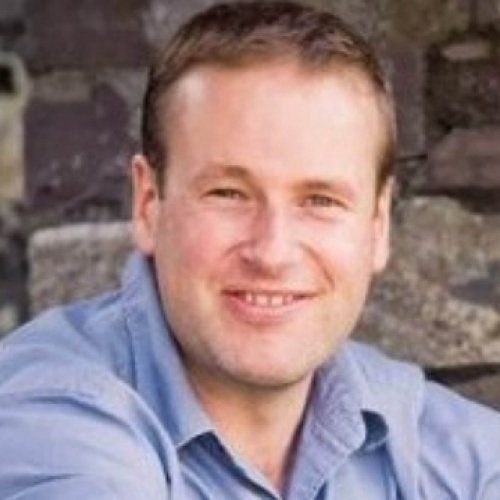
Ioan Fazey
Department of Environment & Geography. University of York
Ioan Fazey is Professor of Social Dimensions of Environment and Change with a focus on understanding how to achieve fundamental and significant shifts in society towards more regenerative and sustainable futures. He is a transdisciplinary researcher, using a variety of action-oriented science methods working at the interface of academia and practice. This includes collaborations with economists, ecologists, educationalists, modelers, social sciences, humanities and the arts and with those from policy, practice, local communities and government and non-government organizations.
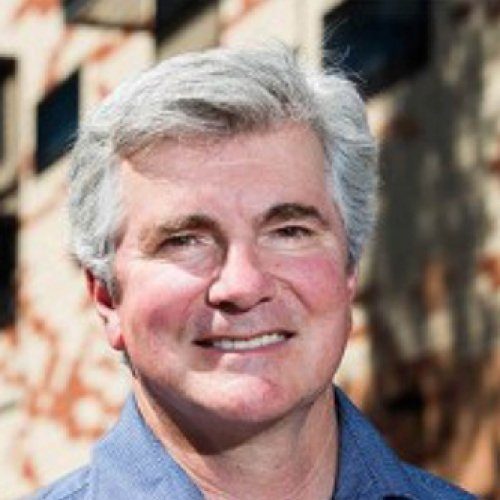
Mark Howden
Director of the Climate Change Institute at the Australian National University
Mark Howden, Director of the Climate Change Institute at the Australian National University, has over 30 years of experience in climate variability, change, innovation, and adoption. With over 420 publications, he has contributed significantly to national and international greenhouse gas inventories, vital for the Paris Agreement. Howden has been integral to the IPCC since 1991, sharing the 2007 Nobel Peace Prize for his contributions.
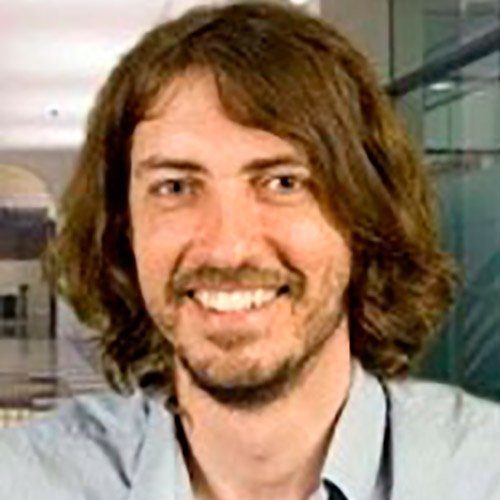
Mark Pelling
Department of Geography King’s College London
Mark Pelling, a professor in Geography and Director of the Disasters, Adaptation and Development Programme, focuses on understanding vulnerability and adaptation to natural disasters, including climate change impacts. He has contributed to the Intergovernmental Panel on Climate Change and serves on scientific committees for projects related to disaster risk. Additionally, he oversees an MA program in Disasters Adaptation and Development, which includes the student-managed blog Masters of Disaster.
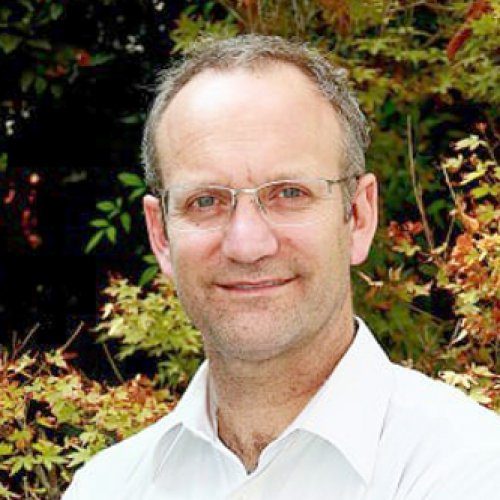
Gonzalo Muñoz Abogabir
Champion of COP25 in Chile/ Co-founder of TriCiclos
As co-founder of TriCiclos, a pioneering recycling company, Gonzalo shifted from traditional business to environmental advocacy, catalyzing transformative actions nationally and internationally. As champion of COP25, he mobilizes non-state actors for a low-carbon economy, aligning with the 2030 agenda. Gonzalo’s achievements include being CEO of South America’s first B Certified Company, receiving numerous awards for environmental innovation, and serving on boards like SistemaB and Viña Polkura. He’s also an Ashoka Fellow and a member of global advisory boards like the Ellen MacArthur Foundation’s New Plastics Economy.
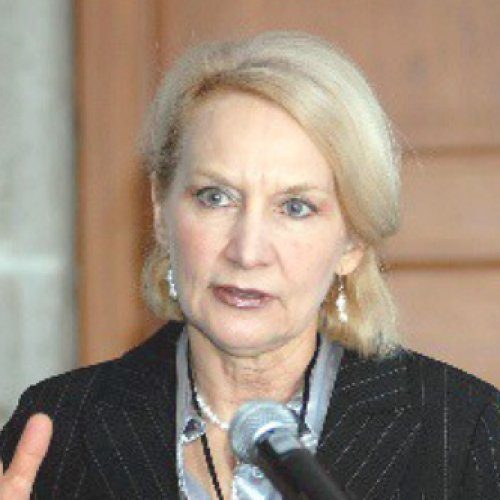
Ursula Oswald Spring
Regional Centre for multidisciplinary Studies National Autonomous University of Mexico
Ursula Oswald Spring, a Research Professor at the National Autonomous University of Mexico, focuses on social relations, gender, and environmental security. She’s contributed to the IPCC and serves on committees like RIOCC for climate adaptation. Ursula has pioneered bottom-up approaches to adaptation and resilience in Mexico, collaborating with diverse communities. She’s also chaired social vulnerability at the United Nations University and leads initiatives like the Campesino University Advising Committee, empowering women, indigenous groups, and communities to enhance resilience to climate-related disasters.
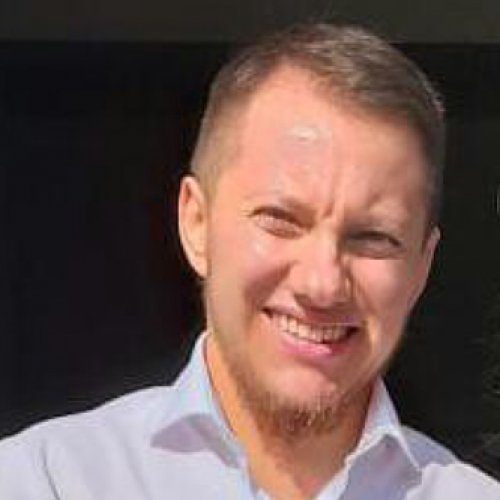
Martín Torres Rodríguez
Human Gender Rights and HIV Observatory/ His path as transgendered, Trans-Feminist activist
My journey from female to male has been marked by challenges and adventures. Amidst discrimination, I pursued education abroad, gaining valuable experiences. Yet, I realized true transformation goes beyond physical changes; it demands societal change. My experience as a transgender individual offers insights to drive global transformations, starting from individual bodies to larger societal levels, aiming for worldwide impact.
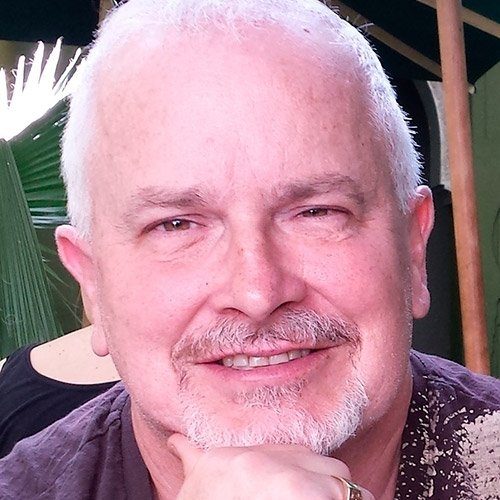
Steve Waddell
SDG Transformations Forum Networking Action
Steve, as Lead Steward of Financing Transformations and head of Networking Action, has dedicated over 30 years to large systems change and transformation. His work spans research, consulting, education, and personal leadership globally. Steve is associated with key concepts like “societal learning and change,” “global action networks,” and “large systems change,” focusing on addressing complex issues through collaborative strategies and profound shifts in societal institutions. He also serves as Lead Staff for the SDG Transformations Forum.
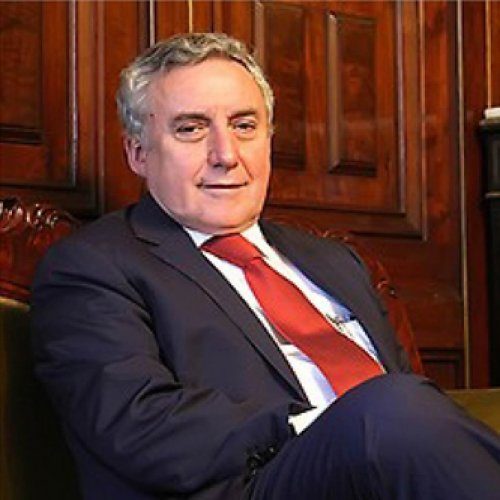
Ennio Vivaldi Véjar
Head of the University of Chile
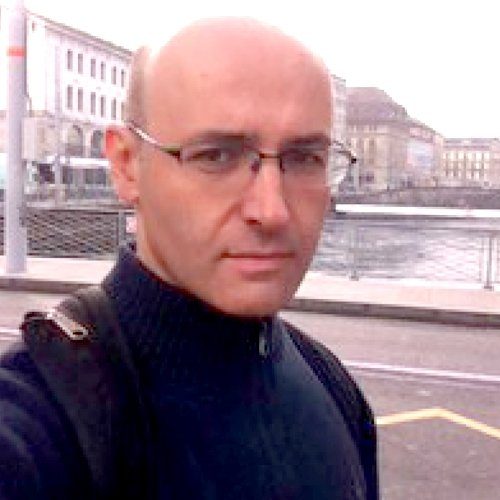
Julio Cordano
Head of the Department of Climate Change and Sustainable Development of the Ministry of Foreign Affairs
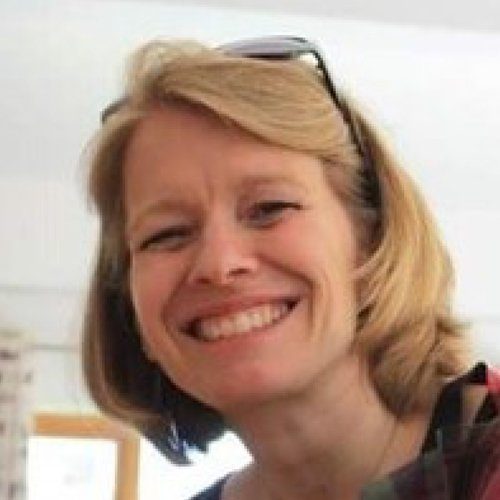
Joanna Post
Programme Officer for Research and Systematic Observation, Secretariat of the United Nations Framework Convention of Climate Change (UNFCCC)
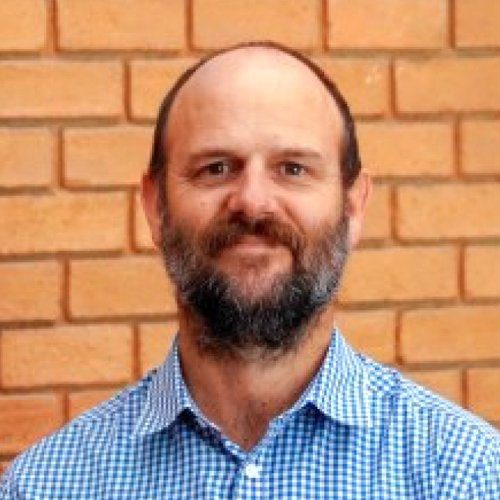
Sebastián Vicuña
COP25 Presidential Advisor; Director of the Global Change Center
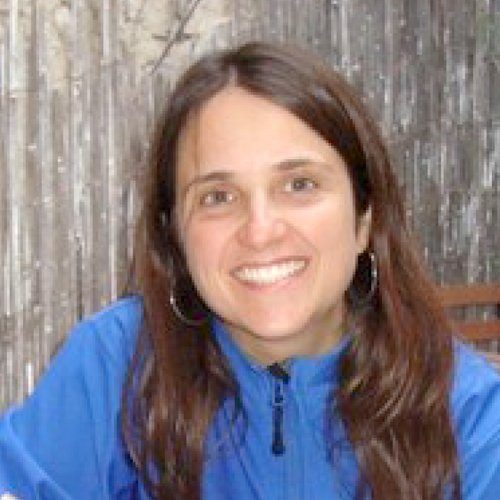
Carolina Urmeneta
Head of the Climate Change Office of the Ministry of Environment
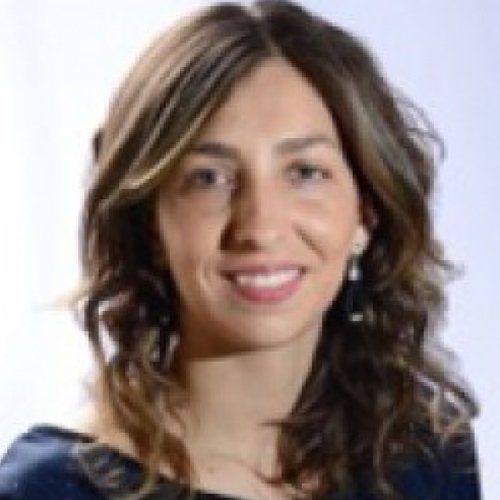
Andrea Rudnick
Executive Director of the Center for Climate and Resilience Research (CR)2, University of Chile
